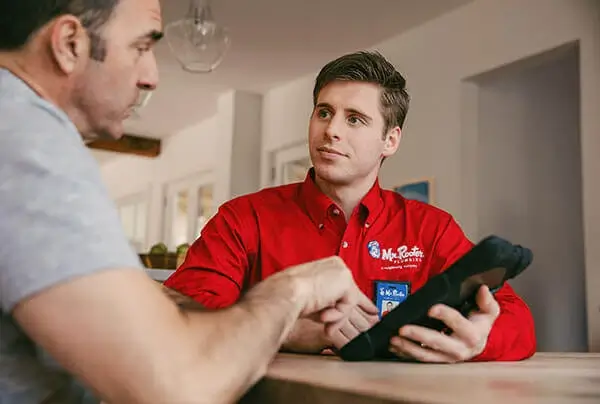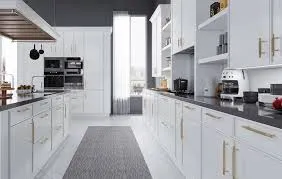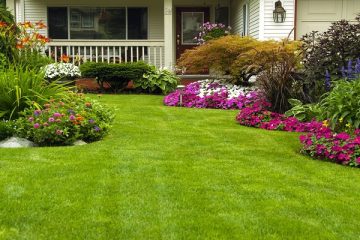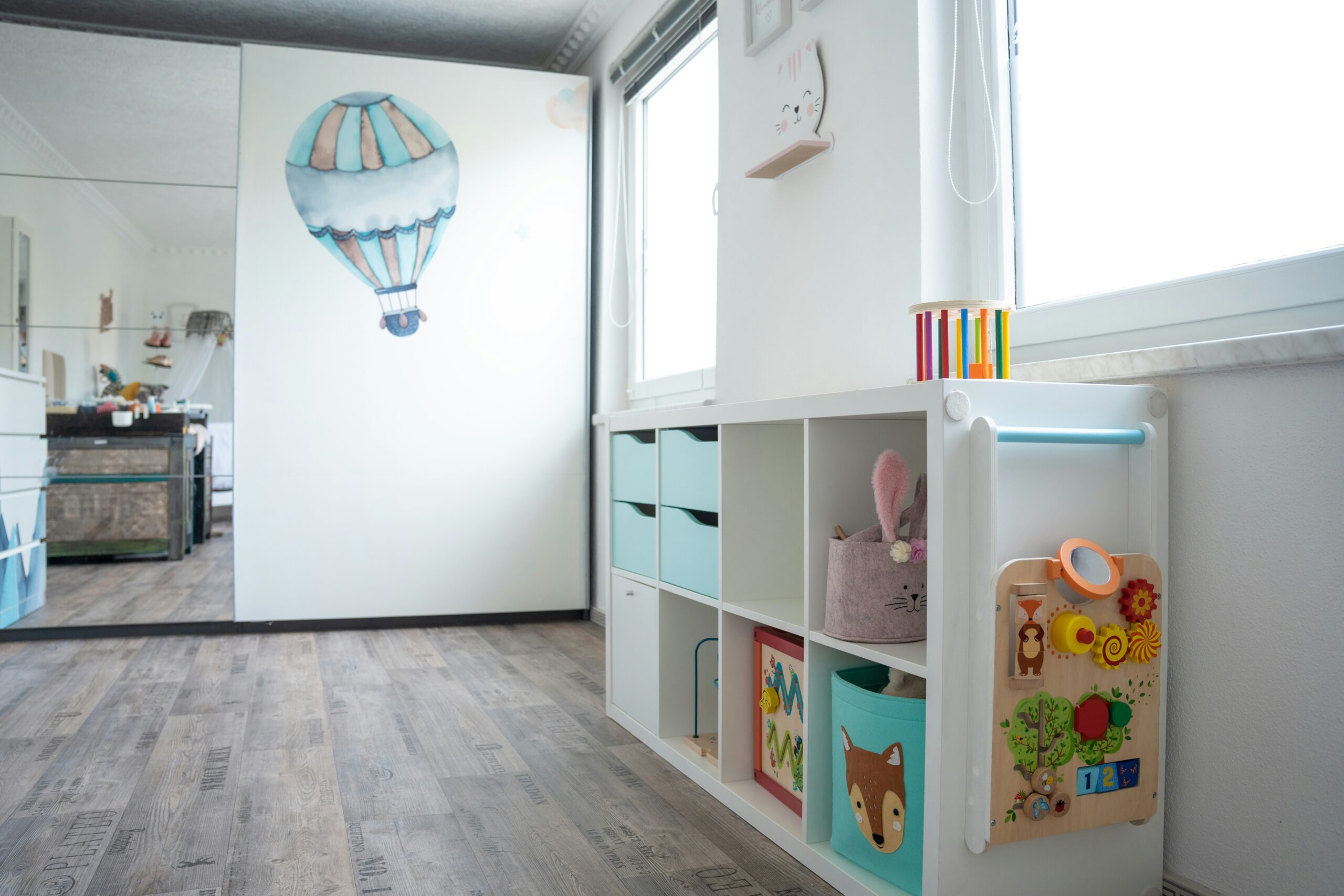Plumbing emergencies can be a homeowner’s worst nightmare, causing unexpected disruptions, expensive repairs, and potential property damage. Imagine waking up to a flooded basement or dealing with a burst pipe in winter. These scenarios are not just inconvenient but can also be financially draining. However, many of these emergencies are preventable with regular plumbing maintenance and timely inspections.
Why Regular Plumbing Maintenance Matters
- Prevents Costly Repairs: Regular maintenance allows you to catch minor issues before they escalate into major problems. For example, a small leak might seem harmless, but it can cause significant water damage, mold growth, or even structural issues in your home over time.
- Increases System Longevity: Just like other home systems, your plumbing needs regular upkeep to perform efficiently. Emergency plumbers in Jacksonville ensure that pipes, fixtures, and appliances remain in good condition, prolonging their lifespan and saving you money on replacements.
- Improves Water Efficiency: Leaky faucets, running toilets, and other unnoticed plumbing issues can lead to a significant increase in your water bill. Regular checks and maintenance help identify and fix these inefficiencies, ensuring that your plumbing system operates optimally and reduces water waste.
- Enhances Safety: Some plumbing issues can pose safety risks, such as gas leaks from water heaters or burst pipes that can cause flooding. Regular inspections can help detect and rectify these hazards before they become dangerous, ensuring the safety of your home and family.
Preventive Measures for Plumbing Maintenance
- Regular Inspections: Schedule annual plumbing inspections to check for leaks, corrosion, and other potential issues. A professional plumber can identify problems that may not be visible to the untrained eye.
- Check Water Pressure: High water pressure can stress your plumbing system, leading to leaks and burst pipes. Use a water pressure gauge to monitor your home’s water pressure and ensure it stays within safe limits (usually 40-60 psi).
- Clean Drains Regularly: Clogged drains can cause backups and damage your plumbing. Use drain strainers to prevent debris from entering your pipes and clean drains regularly with safe, non-corrosive cleaners.
- Insulate Pipes: Insulating exposed pipes, especially in colder climates, can prevent them from freezing and bursting. This simple step can save you from one of the most common and costly plumbing emergencies during winter.
- Know the Location of Shut-Off Valves: In case of a leak or burst pipe, knowing how to quickly shut off your water supply can prevent extensive water damage. Make sure everyone in your household knows where the main shut-off valve is located.
See also: Top Policy Issues Affecting Alberta Businesses and How Advocacy is Making a Difference
FAQs
What are the signs that my plumbing needs maintenance?
Common signs include slow drains, unusual noises in the pipes, fluctuating water pressure, unexplained increases in water bills, and visible leaks or water stains.
Can I do plumbing maintenance myself?
While there are some preventive measures you can take, such as cleaning drains and checking for leaks, it’s best to hire a professional plumber for a thorough inspection. They have the expertise and tools to identify and fix issues that may not be apparent to homeowners.
What should I do if I experience a plumbing emergency?
Call an emergency plumber immediately to address the issue. It’s also helpful to know basic first-aid measures for specific emergencies, like using a bucket to catch leaks or towels to absorb water.




